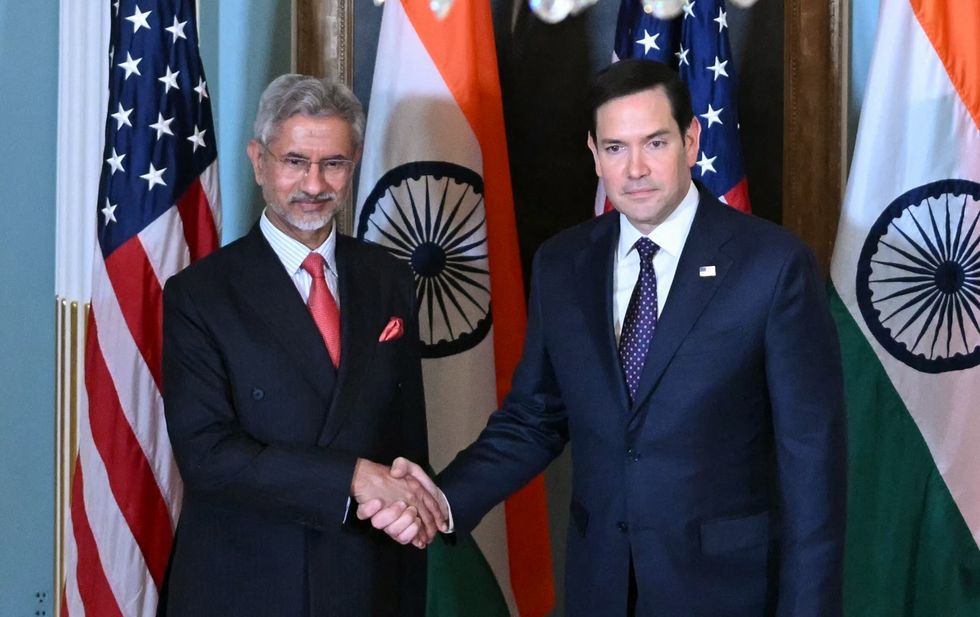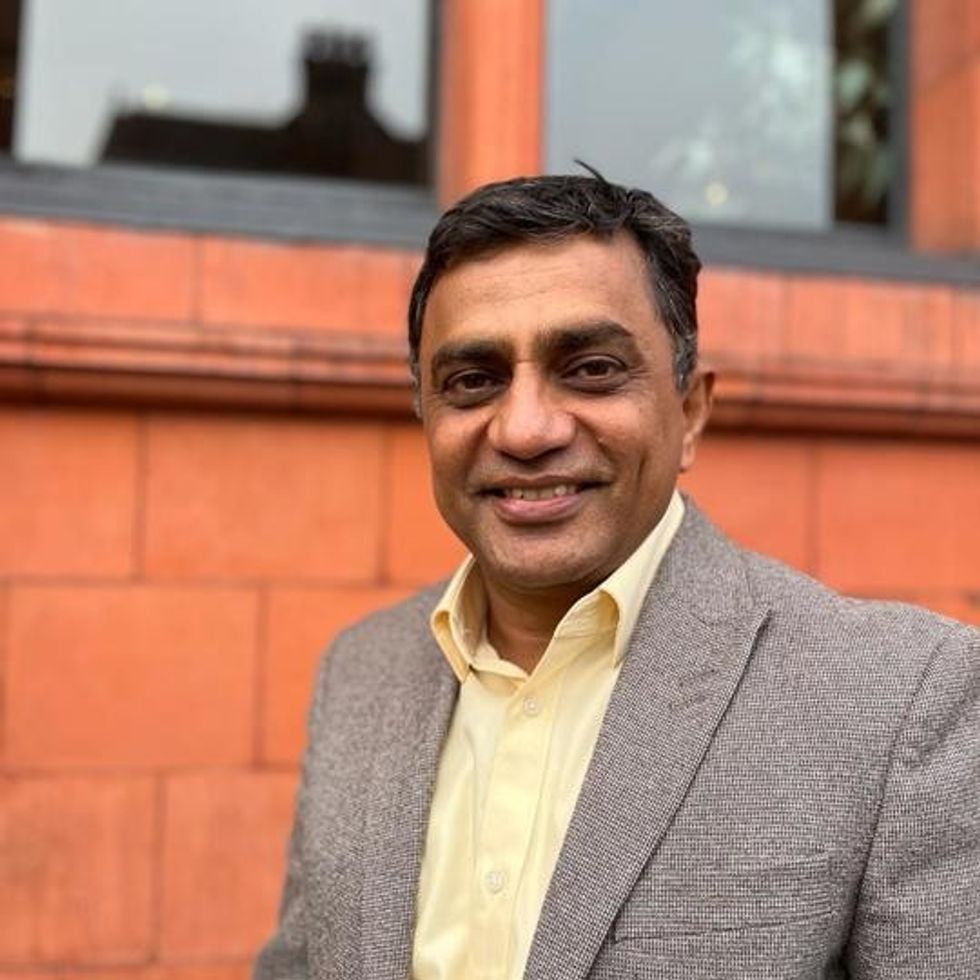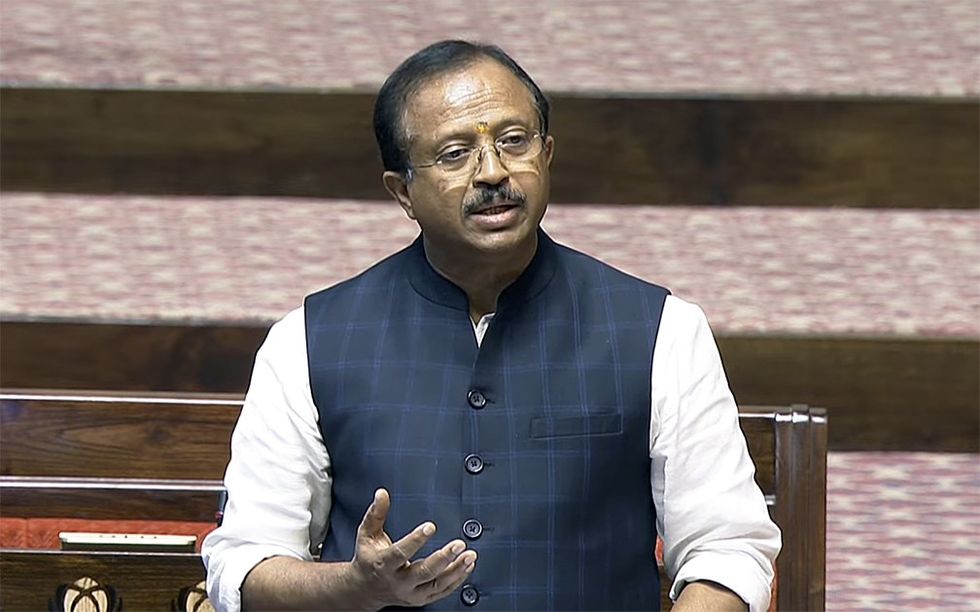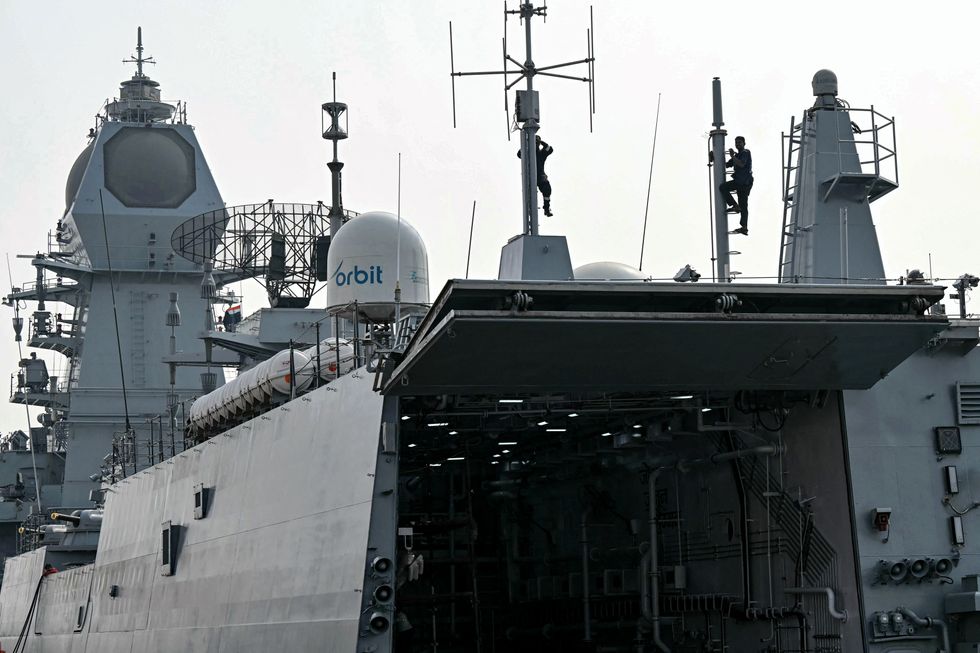BRITISH prime minister Theresa May threw down the Brexit gauntlet to Brussels on October 5, demanding “maximum freedom” in Europe’s single market despite a backlash against her hard line on immigration.
May’s speech to the Conservative party’s annual conference came as the pound plunged and amid scathing criticism of proposals to make companies publish lists of how many foreign workers they employ.
“I want to give British companies the maximum freedom to trade with and operate within the single market and let European businesses do the same thing here,” May said, following an outcry from business leaders who fear new restrictions in the European market.
But she added: “We are not leaving the European Union only to give up control of immigration all over again and we’re not leaving only to return to the jurisdiction of the European Court of Justice”.
European leaders have insisted that access to the single market for Britain after it leaves must entail allowing free movement of EU workers.
“Whatever the new relationship, it can never infringe on the four fundamental freedoms,” the European Parliament’s Brexit negotiator Guy Verhofstadt said.
In a speech in Berlin, German Chancellor Angela Merkel said: “Full access to the internal market is coupled with the four freedoms, including the free movement of people.
“Some of you may suffer through Britain not having full access,” she said.
May said on October 2 she wanted to invoke Article 50 — the formal procedure for starting to leave the EU — by the end of March at the latest.
The pound has since slumped to a new 31-year low against the dollar and a three-year low against the euro on concerns about how Brexit will take effect.
Immigration was the key issue in the June 23 vote for Britain to leave the bloc, a result that sent shockwaves through Europe and the global economy, and sparked political turmoil at home.
May’s government this week proposed measures including urging employers to publish a record of how many non-British citizens they take on, and toughening rules on non-EU foreign hires, as well as tightening visa regulations for foreign students.
These have provoked some furious reactions, from critics who accused May of a lurch to the right.
London mayor Sadiq Khan said the list plan sent a “deeply worrying message to the millions of people from around the world living and contributing in our country”.
Tamara Rojo, artistic director of the English National Ballet, said the proposals evoked memories of the Holocaust.
“After 20 years contributing to this great country… how long before I am made to sew a star on my clothes?” she said.
Andy Burnham, interior affairs spokesman for the main opposition Labour party, added that the tone of the Conservative conference had become “increasingly xenophobic”.
“The idea of British companies producing lists of foreign workers runs counter to everything that this country has ever stood for,” he said.
“It would be divisive, discriminatory and risks creating real hostility in workplaces and communities.”
Adam Marshall, acting director of the British Chambers of Commerce, said the measures would be “bad news for the economy, job creation and business investment”.
But May insisted her policies would help promote working-class families whose alienation was reflected in June’s shock referendum vote to leave the EU, calling it a “quiet revolution”.
Closing the convention in Birmingham, central England, May sought to cast the Conservatives as a centre-ground party for people marginalised by globalisation and the aftermath of the 2008 financial crisis.
She described the Brexit vote as a “call for a change in the way our country works”, warning that if ministers did not respond, “resentments will grow”.
May stood up to speak with the anti-EU UKIP party in turmoil after the resignation of its leader Diane James on October 4, just 18 days after being elected to replace Nigel Farage.
Analysts claimed the Conservatives were echoing UKIP in some announcements made at the four-day conference.
“I think Theresa May is doing a very shrewd job of parking her tanks on UKIP’s lawns,” UKIP expert Matthew Goodwin of Kent University said on BBC radio.





 US secretary of state Marco Rubio with India’s foreign minister Subrahmanyam Jaishankar in Washington DC last Tuesday (21)
US secretary of state Marco Rubio with India’s foreign minister Subrahmanyam Jaishankar in Washington DC last Tuesday (21) Anit Mukherjee
Anit Mukherjee V Muraleedharan
V Muraleedharan Dr Sasikumar S Sundaram
Dr Sasikumar S Sundaram













 Workers clean communication equipment aboard INS Surat on January 11
Workers clean communication equipment aboard INS Surat on January 11